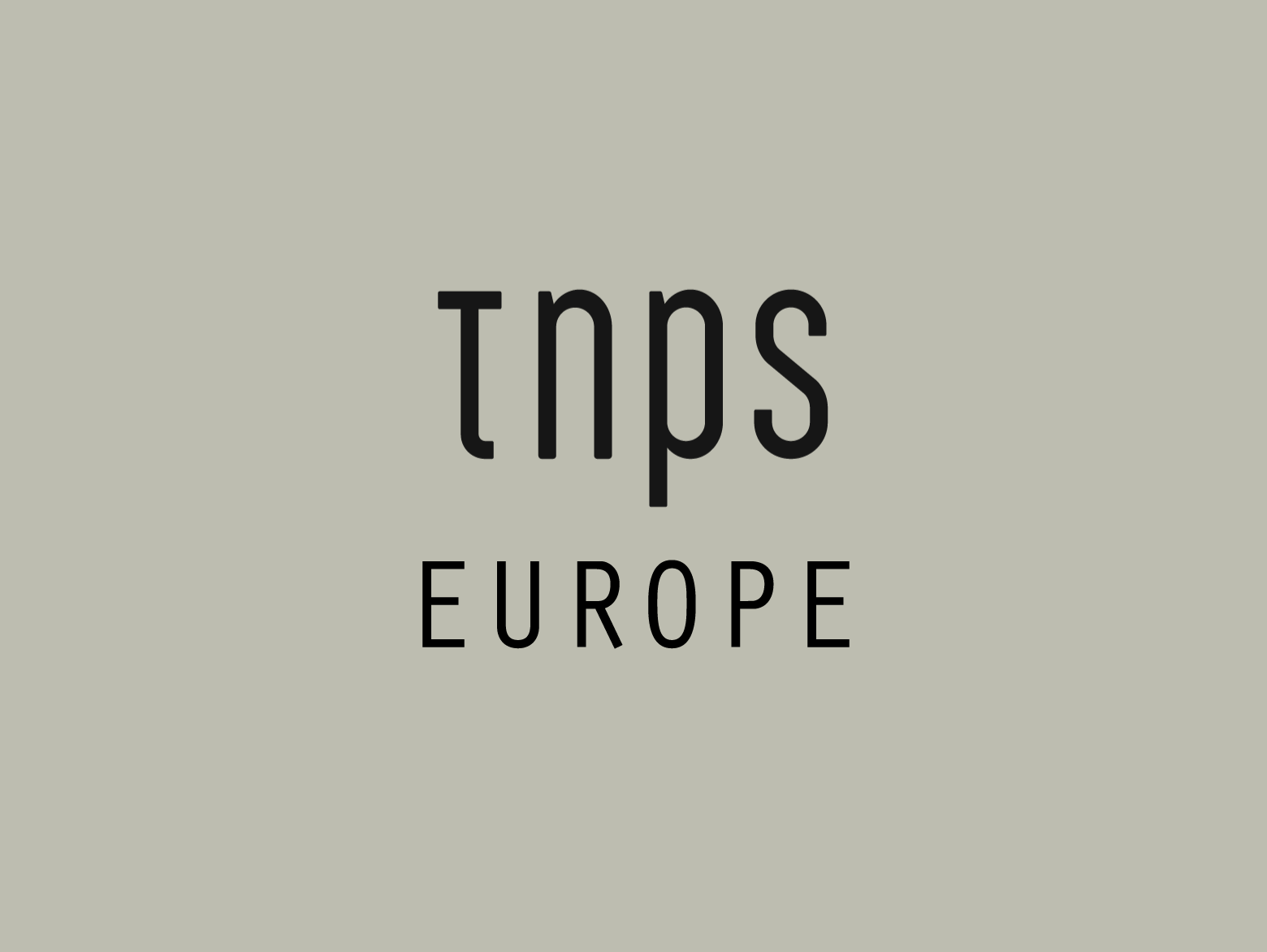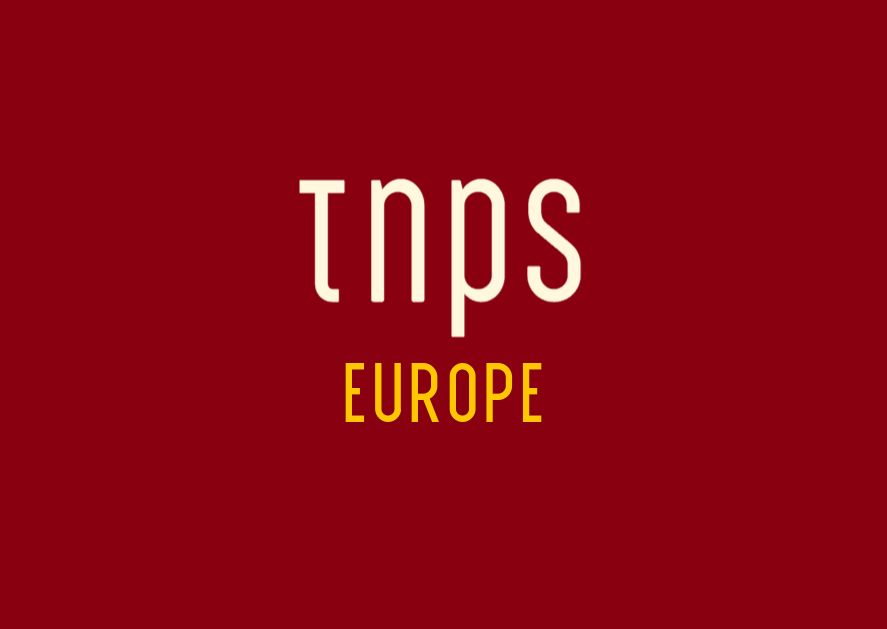When it comes to online literature, there are two global players that leave the rest in the dust.
No, not Amazon and Apple. Amazon and Tencent.
And while we can only guess at a valuation for the Kindle store, we now have a valuation for China Literature, the online reading arm of the Chinese e-commerce titan Tencent.

$1.1 billion (HK$8.3 billion) is the value after the Hong Kong IPO, second in size only to the Alibaba IPO ten years back.
The IPO was heavily oversubscribed, Fortune reporting
retail investors bid for 625 times the shares on offer – tying up HK$521 billion ($67 billion), equivalent to a fifth of Hong Kong’s cash in circulation, as they waited to see whether their offers would be accepted.
The shares peaked with a 100% increase before dropping back to 86% up at close of business.
Little-known in the west, China Literature dominates the Chinese e-reading scene in the same way Amazon does in the US, but with some significant differences.
China Literature, for example, boasts over 10 million titles, and has 177 miliion monthly users. The number of online literary users in China reached 333 million in 2016 – more than the entire population of the USA – and accounted for 45.6% of total Internet users, according to China Internet Network Information Center.
And while in the US the biggest of print-published authors are not rushing to go digital, in China the top ten digital authors earn twice what the top-selling print authors do. And we’re not talking peanuts. Try $150 million. Each.
This is because while Amazon is essentially a content-purveyor that has only small interest in exploiting IPs (Amazon Publishing, Amazon Video, etc), Tencent’s business model with China Literature is to be a trans-media IP exploiter.
China’s rapidly expanding online literature market also saw an increasing impact overseas in recent years, with book-turned-TV adaptations Nirvana in Fire and The Journey of Flower received positive receptions after arriving in countries including Japan and South Korea. The popular Legend of Zhenhuan was also reedited from 76 episodes into a six-episode Netflix series titled Empresses in the Palace.
As reported here at The New Publishing Standard last month, Tencent’s China Literature IPO filing declared
30 per cent of the net proceeds will be used to expand its ‘online reading’ business, including growing its network of ‘promising [contract] writers’ and expanding the genres of e-books. The rest of net proceeds will be used to fund the company’s potential investments or acquisitions, or for working capital and general corporate purposes.
Tencent controls 65.38 per cent of China Literature, which includes QQ Reading among many online reading portals. Other substantial investors, the South China Post notes, include US private equity firm Carlyle Group and Trustbridge Partners, a Chinese private equity firm set up by the former Shanda Group top executive Li Shujin.
Tencent’s e-literature ambitions extend beyond China. Earlier this year Tencent partnered with Thailand’s biggest ebook platform Ookbee,
And as reported here at The New Publishing Standard last month, Tencent is now an investor in Canada’s Wattpad.





